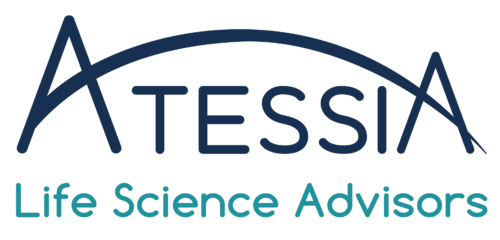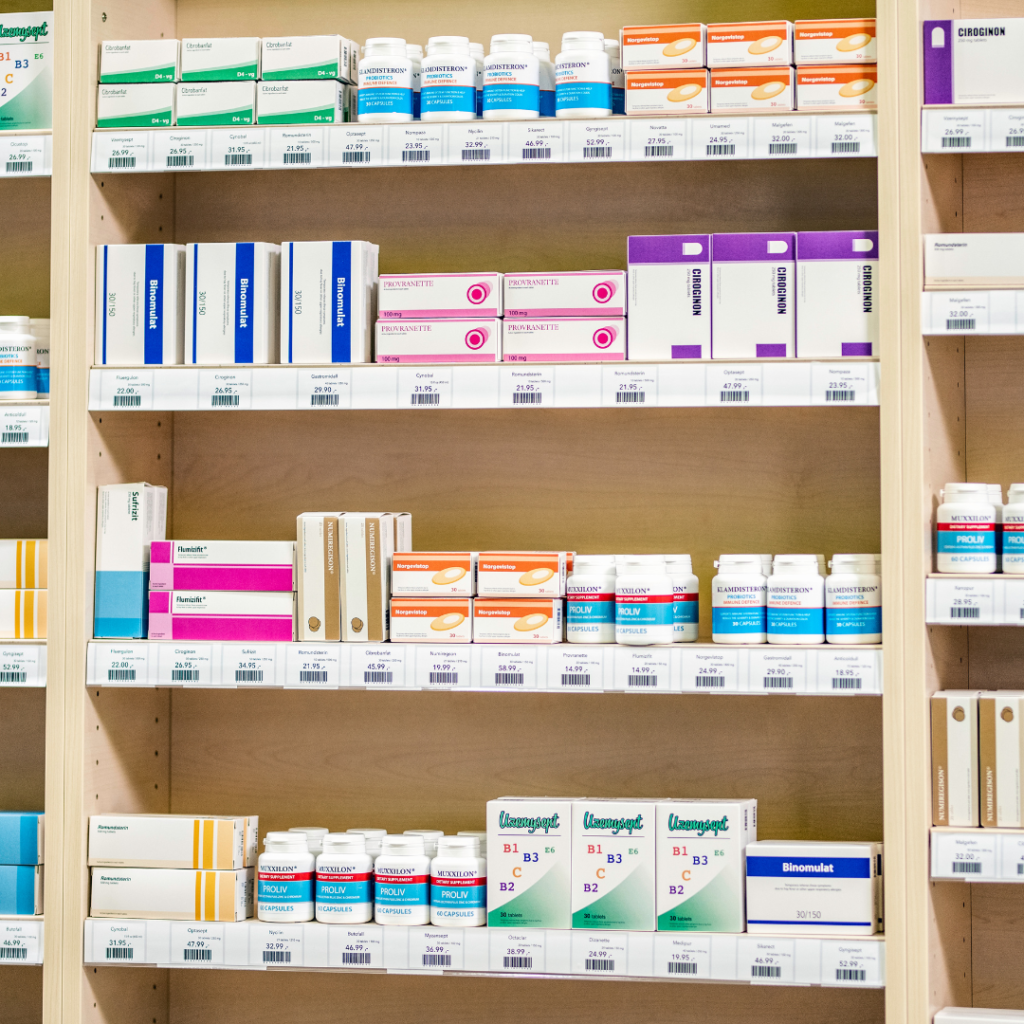| French always do it different In many domains, French people like to stand out, either in a positive or negative way. In the Healthcare field, France has set a system that is highly effective, and very protective for the patient, but at the price of a heavy state involvement and of one of the most complex regulations. As a result, understanding the regulatory specificities of France is key for entering the French market. ATESSIA can help you in this process and provide you assistance and expertise. Here are a few areas where France follows its own, often complicated and restrictive, rules. |
What are direct-access medicines ?
In France, medicines are classified into different categories according to the way they are delivered.
Medicines that present difficulties in use or risks in the event of inappropriate use can only be obtained on presentation of a prescription from a doctor, dentist or midwife. They are known as mandatory medical prescriptions (prescription médicale obligatoire). In particular, they appear on lists I or II of poisonous substances, or even on the list of narcotics. The Director General of the ANSM has recently inherited this competence from the Ministry of Health, within the framework of the law on the “acceleration and simplification of public action” (ASAP).
Medicines not subject to mandatory medical prescription may be advised by the pharmacist, requested by the patient or prescribed by the doctor and are known as Optional Medical Prescription (prescription médicale facultative).
Among the optional prescription medicines, only certain medicines can be placed in front of the counter (“Over The Counter” (OTC)) of the pharmacy in order to allow the patient to serve himself. They are called in various ways: “self-medication medicines“(médicament d’automédication), “officinal medicines” (médicament de médication officinale), “free access medicines” (médicament en libre accès) or “direct access medicines“(médicament en accès direct). This is only possible if all the eligibility criteria are met, including the fact that they are not reimbursable by the health insurance system.
The list of these medicines that can be presented for direct access in pharmacies is defined and evolves according to the decisions published on the ASNSM website after evaluation of the express requests from laboratories.
Which medicines are eligible for direct access?
The inclusion of a medicinal product on this list is done according to the criteria of article R.5121-203 of the Public Health Code in order to guarantee the safety and security of patients.
A direct access medicinal product must be able to be used without the intervention of a doctor for the diagnosis, initiation or monitoring of a treatment due to its therapeutic indication: the symptoms must be easily recognisable, and must not risk hiding a serious condition. In addition, the medicine must have an easy dosage, a short treatment duration, and a leaflet adapted to the language of the general public. A whole process of adapting the marketing authorisation must therefore be devised to change the status of a drug.
A medicine with a major contraindication or a significant risk of drug interactions, or a medicine intended for the paediatric population whose safety level is not sufficient for self-medication, would not be eligible for safety reasons.
How to apply for direct access to a medicine?
When applying to the ANSM for a change in marketing authorisation with a view to placing optional prescription medicines on the direct access list, the procedures for submitting applications for inclusion on the “officinal medicines” (Médicament de Médication Officinale) list differ depending on the active substance and the indication of the medicine. It is necessary to carefully examine whether the active substance or the fixed combination is already referenced in the list, and whether the targeted indication has been identified as being suitable for self-medication. The regulatory and clinical aspects should therefore be considered together.
The composition of the type II MA variation dossier depends on this analysis. In any case, the ANSM will examine a whole range of aspects, the most important of which is safety of use.
Article written by Laure DEAN, Regulatory and Pharmaceutical Affairs Advisor

